×
![]()
shipsched: Instance-to-Instance Comparison Results
| Type: | Instance |
| Submitter: | Marco Luebbecke |
| Description: | A ship scheduling problem on the Kiel Canal |
| MIPLIB Entry |
Parent Instance (shipsched)
All other instances below were be compared against this "query" instance.  |
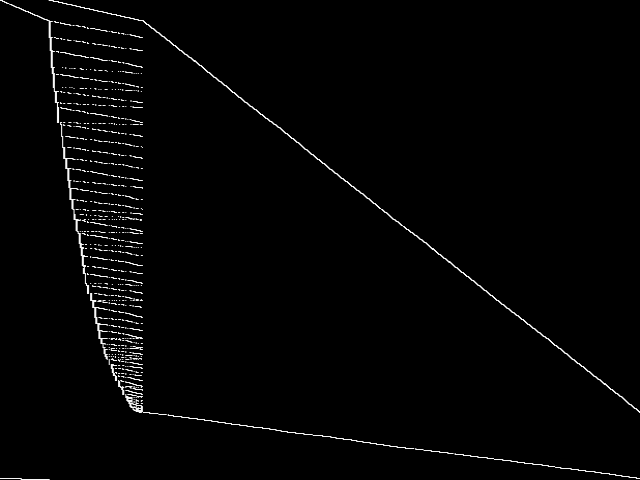 |
 |
 |
 |
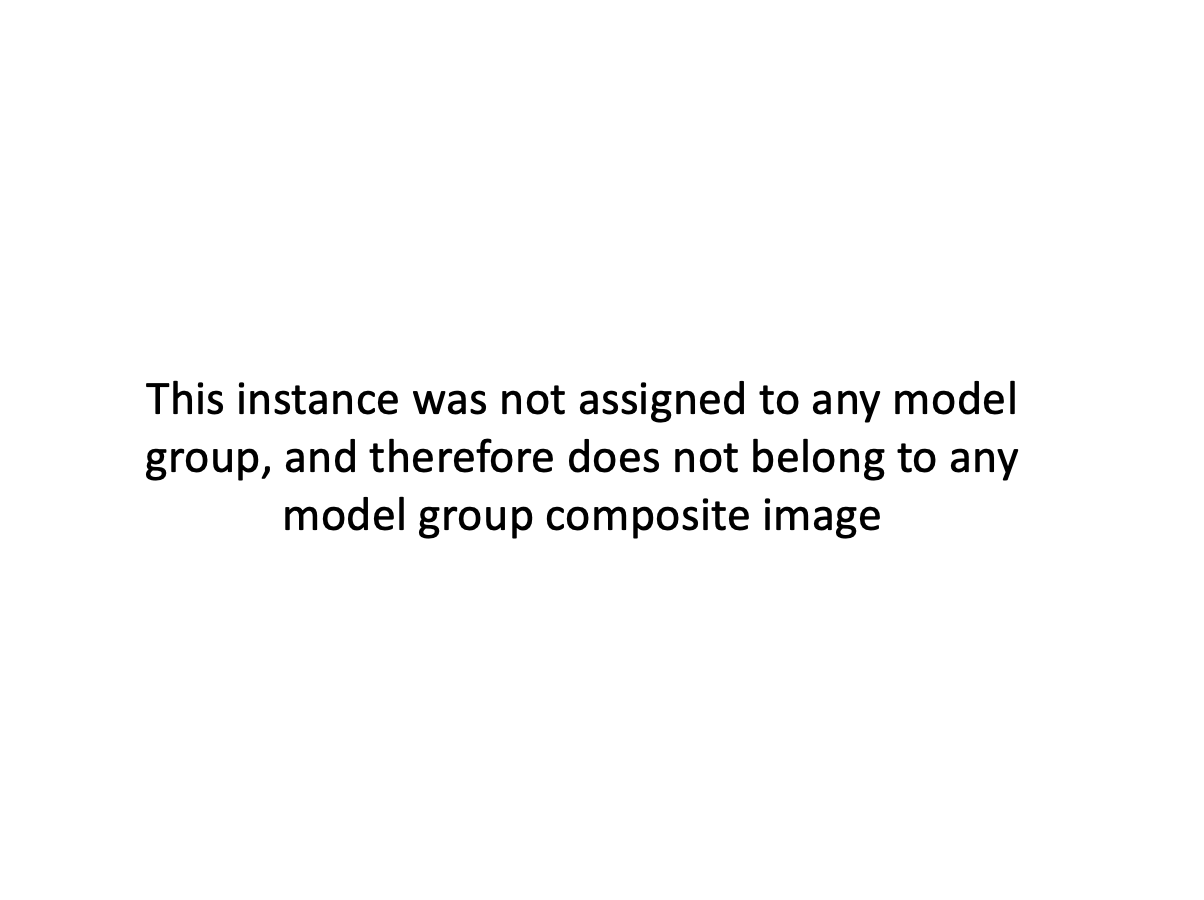 |
|
Raw
This is the CCM image before the decomposition procedure has been applied.
|
Decomposed
This is the CCM image after a decomposition procedure has been applied. This is the image used by the MIC's image-based comparisons for this query instance.
|
Composite of MIC Top 5
Composite of the five decomposed CCM images from the MIC Top 5.
|
Composite of MIPLIB Top 5
Composite of the five decomposed CCM images from the MIPLIB Top 5.
|
Model Group Composite Image
Composite of the decomposed CCM images for every instance in the same model group as this query.
|
MIC Top 5 Instances
These are the 5 decomposed CCM images that are most similar to decomposed CCM image for the the query instance, according to the ISS metric.  |
Decomposed
These decomposed images were created by GCG.
|
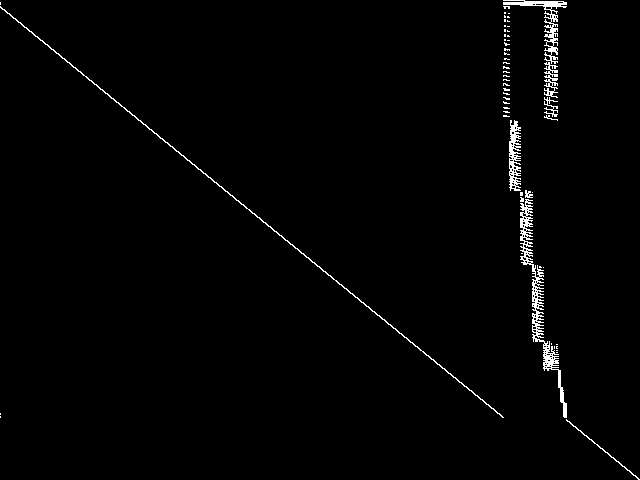 |
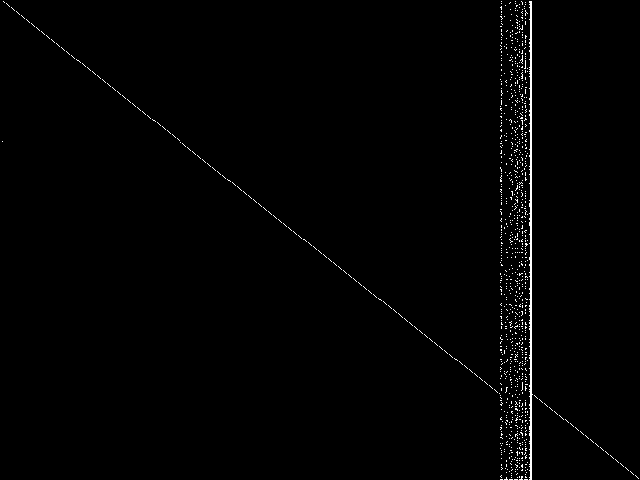 |
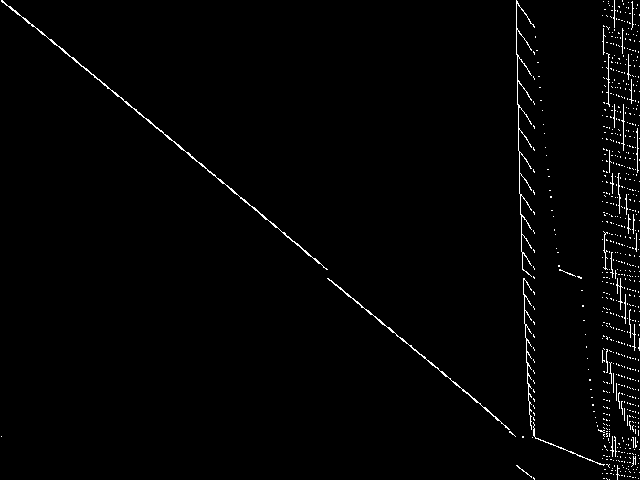 |
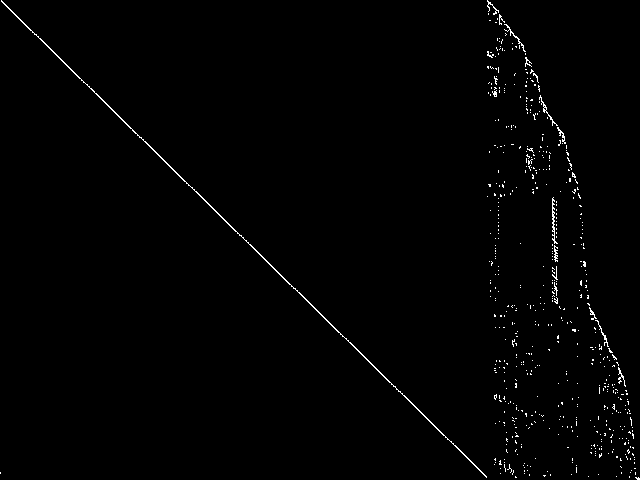 |
 |
| Name | vpphard [MIPLIB] | neos17 [MIPLIB] | liu [MIPLIB] | toll-like [MIPLIB] | scpm1 [MIPLIB] | |
|
Rank / ISS
The image-based structural similarity (ISS) metric measures the Euclidean distance between the image-based feature vectors for the query instance and all other instances. A smaller ISS value indicates greater similarity.
|
1 / 0.961 | 2 / 1.157 | 3 / 1.217 | 4 / 1.266 | 5 / 1.364 | |
|
Raw
These images represent the CCM images in their raw forms (before any decomposition was applied) for the MIC top 5.
|
 |
 |
 |
 |
 |
MIPLIB Top 5 Instances
These are the 5 instances that are most closely related to the query instance, according to the instance statistic-based similarity measure employed by MIPLIB 2017  |
Decomposed
These decomposed images were created by GCG.
|
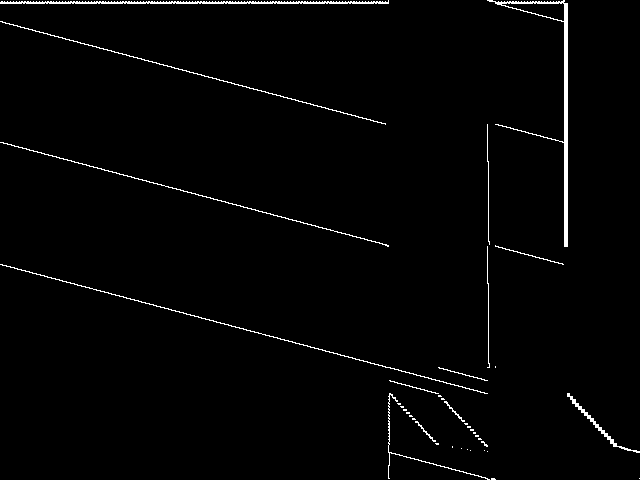 |
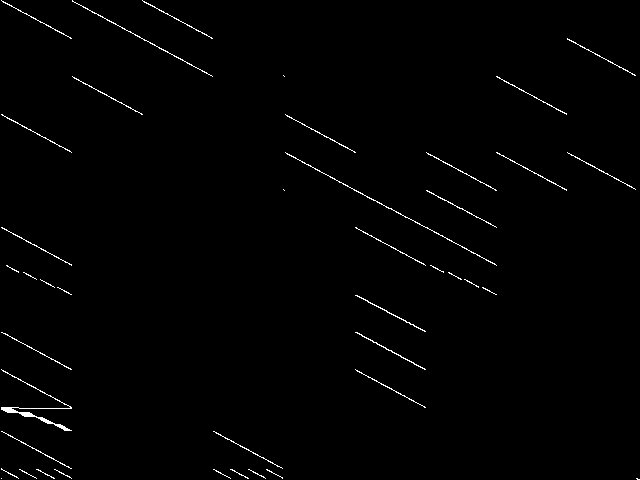 |
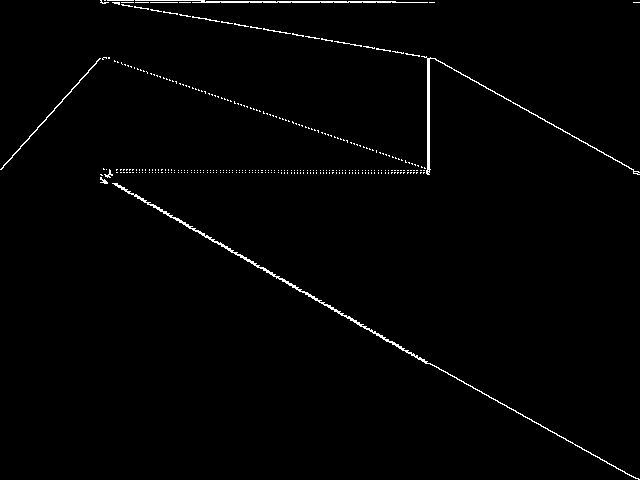 |
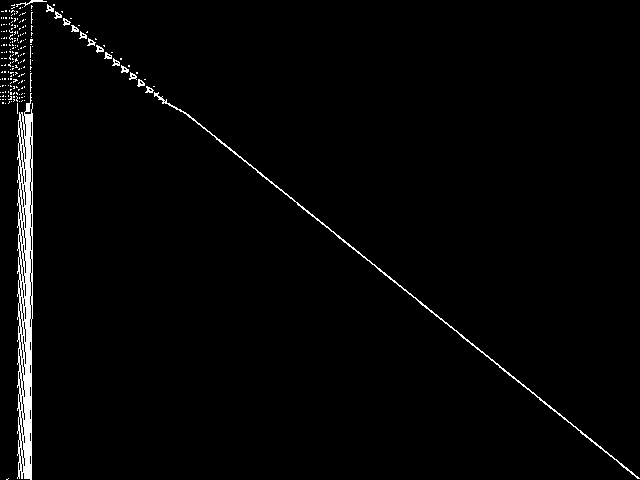 |
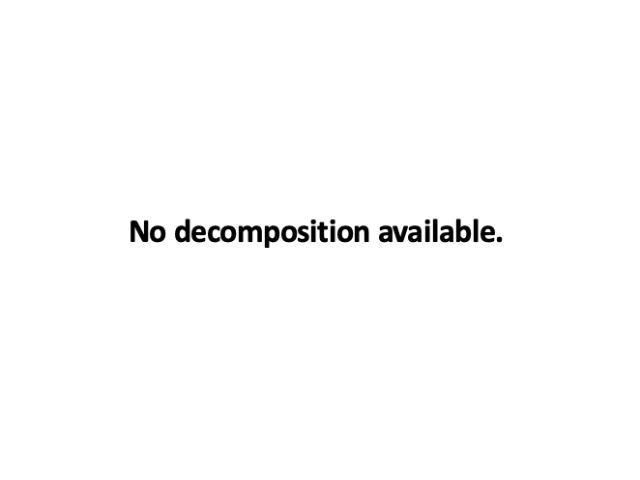 |
| Name | neos-5081619-ganges [MIPLIB] | neos-4650160-yukon [MIPLIB] | mario-t-hard5i [MIPLIB] | l2p12 [MIPLIB] | neos-5081619-ganges** [MIPLIB] | |
|
Rank / ISS
The image-based structural similarity (ISS) metric measures the Euclidean distance between the image-based feature vectors for the query instance and all model groups. A smaller ISS value indicates greater similarity.
|
251 / 1.645 | 299 / 1.668 | 521 / 1.795 | 635 / 1.886 | N.A.** / N.A.** | |
|
Raw
These images represent the CCM images in their raw forms (before any decomposition was applied) for the MIPLIB top 5.
|
 |
 |
 |
 |
 |
Instance Summary
The table below contains summary information for shipsched, the five most similar instances to shipsched according to the MIC, and the five most similar instances to shipsched according to MIPLIB 2017.
| INSTANCE | SUBMITTER | DESCRIPTION | ISS | RANK | |
|---|---|---|---|---|---|
| Parent Instance | shipsched [MIPLIB] | Marco Luebbecke | A ship scheduling problem on the Kiel Canal | 0.000000 | - |
| MIC Top 5 | vpphard [MIPLIB] | C. Cardonha | Vehicle positioning problem instance | 0.961090 | 1 |
| neos17 [MIPLIB] | NEOS Server Submission | Imported from the MIPLIB2010 submissions. | 1.156930 | 2 | |
| liu [MIPLIB] | X. Liu | Floorplan and placement problem in the physical design of VLSI circuits | 1.217489 | 3 | |
| toll-like [MIPLIB] | Falk Hueffner | The NP-hard Balanced Subgraph problem (variant of MaxCut) encoded as ILPs. Real-world instances from two applications from bioinformatics, finding monotone subsystems in gene regulatory networks (http://dx.doi.org/10.1007/s10878-009-9212-2) and finding optimal layouts of tanglegrams (http://dx.doi.org/10.1007/978-3-642-11269-0). Solved by Gurobi 4.6 (8 threads) in about four days after a variable transformation reducing symmetry. | 1.266378 | 4 | |
| scpm1 [MIPLIB] | Shunji Umetani | This is a random test instance generator for SCP using the scheme of the following paper, namely the column cost c[j] are integer randomly generated from [1,100]; every column covers at least one row; and every row is covered by at least two columns. see reference: E. Balas and A. Ho, Set covering algorithms using cutting planes, heuristics, and subgradient optimization: A computational study, Mathematical Programming, 12 (1980), 37-60. We have newly generated Classes I-N with the following parameter values, where each class has five instances. We have also generated reduced instances by a standard pricing method in the following paper: S. Umetani and M. Yagiura, Relaxation heuristics for the set covering problem, Journal of the Operations Research Society of Japan, 50 (2007), 350-375. You can obtain the instance generator program from the following web site. https://sites.google.com/site/shunjiumetani/benchmark | 1.363931 | 5 | |
| MIPLIB Top 5 | neos-5081619-ganges [MIPLIB] | Jeff Linderoth | (None provided) | 1.645150 | 251 |
| neos-4650160-yukon [MIPLIB] | Jeff Linderoth | (None provided) | 1.668397 | 299 | |
| mario-t-hard5i [MIPLIB] | Gleb Belov | These are the instances from MiniZinc Challenges 2012-2016 (see www.minizinc.org), compiled for MIP WITH INDICATOR CONSTRAINTS using the develop branch of MiniZinc and CPLEX 12.7.1 on 30 April 2017. Thus, these instances can only be handled by solvers accepting indicator constraints. For instances compiled with big-M/domain decomposition only, see my previous submission to MIPLIB.To recompile, create a directory MODELS, a list lst12_16.txt of the instances with full paths to mzn/dzn files of each instance per line, and say$> ~/install/libmzn/tests/benchmarking/mzn-test.py -l ../lst12_16.txt -slvPrf MZN-CPLEX -debug 1 -addOption "-timeout 3 -D fIndConstr=true -D fMIPdomains=false" -useJoinedName "-writeModel MODELS_IND/%s.mps" Alternatively, you can compile individual instance as follows: $> mzn-cplex -v -s -G linear -output-time ../challenge_2012_2016/mznc2016_probs/zephyrus/zephyrus.mzn ../challenge_2012_2016/mznc2016_p/zephyrus/14__8__6__3.dzn -a -timeout 3 -D fIndConstr=true -D fMIPdomains=false -writeModel MODELS_IND/challenge_2012_2016mznc2016_probszephyruszephyrusmzn-challenge_2012_2016mznc2016_probszephyrus14__8__6__3dzn.mps | 1.795373 | 521 | |
| l2p12 [MIPLIB] | Gleb Belov | Linearized Constraint Programming models of the MiniZinc Challenges 2012-2016. I should be able to produce versions with indicator constraints supported by Gurobi and CPLEX, however don't know if you can use them and if there is a standard format. These MPS were produced by Gurobi 7.0.2 using the MiniZinc develop branch on eb536656062ca13325a96b5d0881742c7d0e3c38 | 1.886194 | 635 | |
| neos-5081619-ganges** [MIPLIB] | Jeff Linderoth | (None provided) | N.A.** | N.A.** |
shipsched: Instance-to-Model Comparison Results
| Model Group Assignment from MIPLIB: | no model group assignment |
| Assigned Model Group Rank/ISS in the MIC: | N.A. / N.A. |
MIC Top 5 Model Groups
These are the 5 model group composite (MGC) images that are most similar to the decomposed CCM image for the query instance, according to the ISS metric.  |
These are model group composite (MGC) images for the MIC top 5 model groups.
|
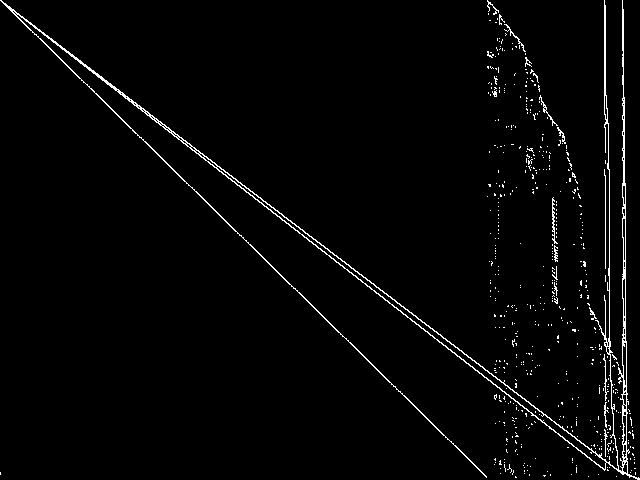 |
 |
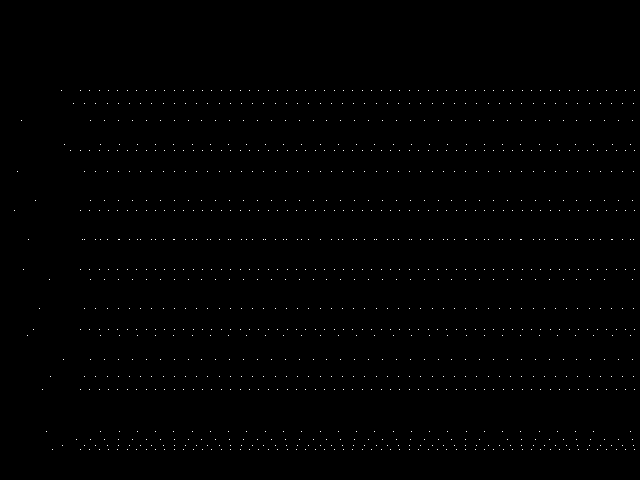 |
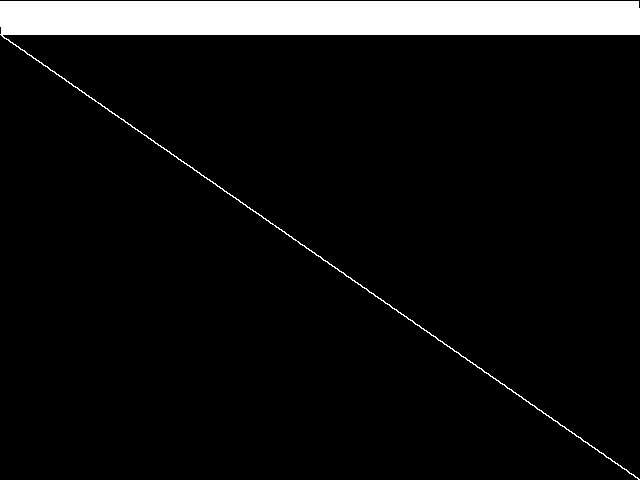 |
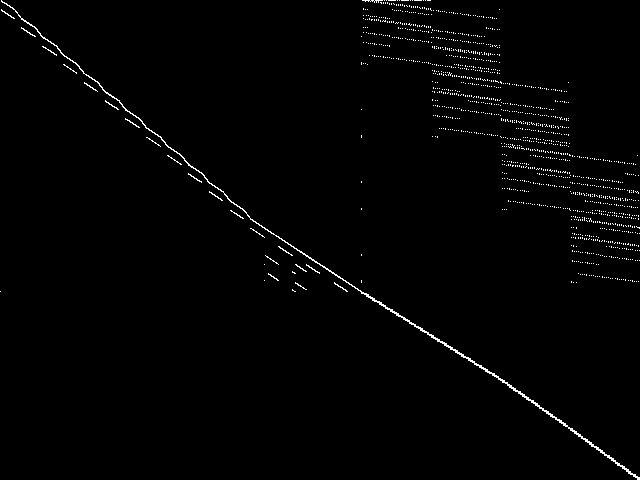 |
| Name | huefner | scp | markshare | neos-pseudoapplication-2 | SiweiSun | |
|
Rank / ISS
The image-based structural similarity (ISS) metric measures the Euclidean distance between the image-based feature vectors for the query instance and all other instances. A smaller ISS value indicates greater similarity.
|
1 / 1.666 | 2 / 1.712 | 3 / 1.732 | 4 / 1.811 | 5 / 1.833 |
Model Group Summary
The table below contains summary information for the five most similar model groups to shipsched according to the MIC.
| MODEL GROUP | SUBMITTER | DESCRIPTION | ISS | RANK | |
|---|---|---|---|---|---|
| MIC Top 5 | huefner | Falk Hueffner | The NP-hard Balanced Subgraph problem (variant of MaxCut) encoded as ILPs. Real-world models from two applications from bioinformatics, finding monotone subsystems in gene regulatory networks (http://dx.doi.org/10.1007/s10878-009-9212-2) and finding optimal layouts of tanglegrams (http://dx.doi.org/10.1007/978-3-642-11269-0). | 1.665997 | 1 |
| scp | Shunji Umetani | This is a random test model generator for SCP using the scheme of the following paper, namely the column cost c[j] are integer randomly generated from [1,100]; every column covers at least one row; and every row is covered by at least two columns. see reference: E. Balas and A. Ho, Set covering algorithms using cutting planes, heuristics, and subgradient optimization: A computational study, Mathematical Programming, 12 (1980), 37-60. We have newly generated Classes I-N with the following parameter values, where each class has five models. We have also generated reduced models by a standard pricing method in the following paper: S. Umetani and M. Yagiura, Relaxation heuristics for the set covering problem, Journal of the Operations Research Society of Japan, 50 (2007), 350-375. You can obtain the model generator program from the following web site. https://sites.google.com/site/shunjiumetani/benchmark | 1.711734 | 2 | |
| markshare | G. Cornuéjols, M. Dawande | Market sharing problem | 1.731683 | 3 | |
| neos-pseudoapplication-2 | NEOS Server Submission | Imported from the MIPLIB2010 submissions. | 1.811403 | 4 | |
| SiweiSun | Siwei Sun | These models come from my cryptographic research and are used to search for the best differential characteristics of the round-reduced versions of the block cipher Serpent with the mixed-integer programming technique. For all the models, including S1234.lp, S56701.lp, S456701.lp, I have found a feasible solution in the corresponding mst file. The challenge is that can we find better solutions or can we find the best solutions. | 1.832959 | 5 |

